Graeme Harper Interview
Ian: How did you feel when you heard that Doctor Who was being brought back by Russell and co. Did you expect (or hope) to be asked to direct for the new series?
Graeme Harper: I was really excited as I knew it could really be brought to life with all the technology available now. I did not expect to be thought of, as I am considered part of the old school. I suppose I have never really grown up though; I think that's apparent in my work. I did make contact to say I would love to be considered, but although I know I was approached for Series One, I was already signed up to do another series for ITV.
I was approached again for the second series, and after meeting Russell T Davies and Producer Phil Collision they offered me not one but two Cybermen stories! One of them had the Cybermen opposed by Daleks - what a coup for me! I was really surprised and excited.
Lewis: Comparing your excellent work on the classic series and your equally excellence in the new series, would you say you're the same director? Do you keep similar styles or is it completely different these days?
Graeme: Thank you for your very nice words. I think in 24 years I have changed and hopefully developed my style, if I have one! There are certain shots and ideas that, though effective when I used them, I have never used again since. Yet there are other techniques I use all the time. Also, I think all directors adapt their style of shooting depending on the subject they are dealing with and how that story needs to unfold.
Tracey: Out of all the Doctor Who episodes you've directed, what was the hardest part to bring to life on screen?
Graeme: There are quite a few, but the one that stands out is the magma creature in The Caves of Androzani, the last Peter Davison story. The creature just did not work and I did not have the experience to know how to cleverly disguise its downfalls during shooting. I think it remains a blemish on what could have been a really good story.
Thomas: As the series has progressed from Series One up to now, I notice it has become more cinematic, particularly in terms of camera movement. How much of a say do the directors have in terms of what they are allowed to do when staging sequences?
Graeme: The director has complete control over how he or she stages and shoots the stories. If anything you do is not wanted, however you soon get to know, as the production is very open between producers and directors. Things that don't work so well are put aside for another use some other time. We try to be as innovative as possible throughout, because of widescreen TV sets and format the whole style of shooting for TV has changed. If you want and can afford the equipment, then it is a fantastic format to give it a more cinematic feel.
Vicky: If you could direct a one-off special Doctor Who, where it's a crossover with any other TV program, which programme would you pick?
Graeme: Well, The Sarah Jane Adventures and Torchwood are obvious, but the one I would fancy would be collaboration with Spooks. Wow that could be very scary and creepy, mmmm...
Tony: Do you ever get emotional when directing a big end of series episode? For example, the emotionally charged conclusion to the last series with Donna and The Doctor, or are you simply trying to get everything right on the shoot?
Graeme: Yes I am trying to get everything right, but there is always the moment when you are watching a shot on the monitor, everything is going as planned and you are now totally locked into a performance and how it will go against the other performances you have captured or are about to capture.
Now that's when you end up in tears, because at that moment you are an audience and when the performances are as good as they are on Doctor Who you get totally hooked. You need to make sure you have lots of tissues!
Matt: I've noticed an interesting direction in the new series, with some episodes paying homage to other genres. What have been your biggest influences?
Graeme: My biggest influences are Martin Campbell, Sam Peckinpah, John Houston and John Ford, amongst several others. I am not sure about their styles creeping in - I would not presume I could even begin to use their ideas, but I guess we all unconsciously use ideas we have seen and turn them into our own thing.
A good example of a style of shot being stolen by many of us is the shot of Roy Scheider on the beach in Jaws. We hear a scream in the distance and the camera tracks in fast. The lens zooms out and the focus and size is held on Roy Scheider, giving a very tense and disturbing image. It's brilliant but can never be as brilliant again as its uniqueness lies in that film for that moment unless of course you have never seen Jaws.
Jacqui: What is your favourite episode of Doctor Who that you directed? What is your favourite episode of Doctor Who that you didn't direct?
Graeme: I really enjoyed making all the eps I was involved with, but my favourite has to be Utopia. I thought Derek Jacobi was brilliant and great fun to work with.
For the one I did not direct it has to be Blink. Boy was it scary and well cast. Good performances and a terrific story.
Trelawney: I was wondering, if you could be villain from Doctor Who, who would it be and why? Thanks!
Graeme: It would have to be The Master because he seems to have fun outwitting The Doctor. Who knows one day he might again. I think he is the only one; he has a brilliant brain, I would like one of those!
Lawrence: Out of all Classic and New Series stories which you have directed, which are you most proud of?
Graeme: I think it has to be two: Doomsday and the trilogy to end Series four - Turn Left, The Stolen Earth and Journeys End. They feel so epic in the depths of the stories.
Thomas: How do you approach a Doctor Who script that you are going to direct? What's the first thing that goes through your head?
Graeme: As I read a script I immediately see a vision of how the scenes will look and play and ideas pop into my head straight away, but I don't make a note of anything until the second reading. That way I read the story straight off, like a viewer watching it for the first time, so I try and hold onto those first ideas in my brain. The stronger ones emerge again without fail and the less important ones drop by the wayside.
Christopher: You have directed two episodes of 'Doctor Who' which are considered "legendary" by many fans during the 1980s. With this behind you, do you find you have a reputation to keep going? And do you aim to bring a Classic feel to the New Series?
Graeme: I feel responsible that every story I tell, I do to the best of my ability. I want the audience to get as much excitement and pleasure from the action and the story, so I make it as I would love to see it. I don't want to bring a 'classic' style to it. I want it to be pacey and energetic. Very modern with never a dull moment. I really hope I manage to achieve that. Of course, as a director, you can never please everyone, but we try.
Verity: In series four, you directed The Unicorn and the Wasp, in which the Doctor and Donna meet Agatha Christie. If you could go back and meet a favourite author, who would it be?
Graeme: Definitely John Buchan and definitely Arthur Conan Doyle. Great exciting thriller writers. Edge of your seat stuff and intriguing, yet both very different in their styles.
Mark: Are there any monsters that you'd really love, or dread, to direct?
Graeme: No! Bring them on!!! Even the Magma Creature from The Caves Of Androzani
Rachael: What do enjoy most about your work on Doctor Who, and what do you think Steven Moffat will bring to the show?
Graeme: I get to do action adventure stories with endless possibilities. Each story is so different; it keeps you on your toes. All that I really enjoy. I think Steven will bring a much darker side to the stories, much more hiding behind the sofa. Oh dear! I love it!
Stewart: When you were shooting classic Who, I believe it was multi-camera, and new Who is single camera. Which is the most problematic?
Graeme: They both have their own problems, but the best way to make a drama is single camera. Each shot is considered and lit for, whereas in a multi-camera studio you cannot light perfectly for 3/4 cameras so there are many compromises to be accepted. It is swifter, whereas with single camera it is a slower process - but you learn to be exact in your decisions on shot building, being very aware of how long you have to cover each scene. I prefer single camera, but I can do both.
Mark: Many Who fans agree with me that your first directing gig on the show, The Caves of Androzani, is one of the greatest Doctor Who adventures of all time. What are your feelings today when you look back on this seminal work?
Graeme: Yes, I had been directing for two years which is very short for such a complex production as Doctor Who is, but I feel I have learnt about pace and energy for scenes and how to give a story a real drive. I was really still learning big time then.
I think I work very differently now, and it is still not easy. I am not sure of how good a production Caves of Androzani was compared to now but I guess of its time it romped along. I thought it was gripping, the writing was terrific and that was a huge help towards its success, thank you for mentioning it.
Daniel: Is there one film or TV show from the past that you would like to have directed?
Graeme: Yes Rawhide or Wagon train and any of those other classic Westerns of the 60's and 70's or The Sweeney.
Thanks To BBC.Co.UK./DoctorWho



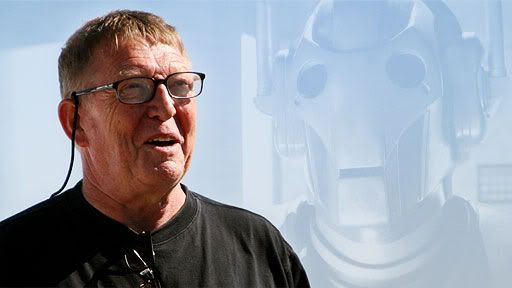

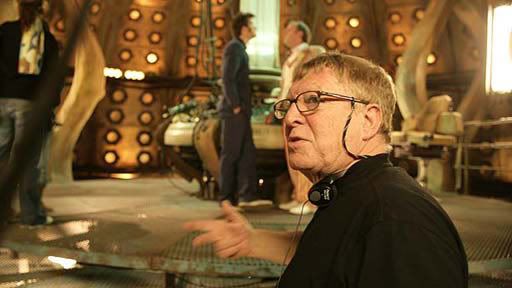
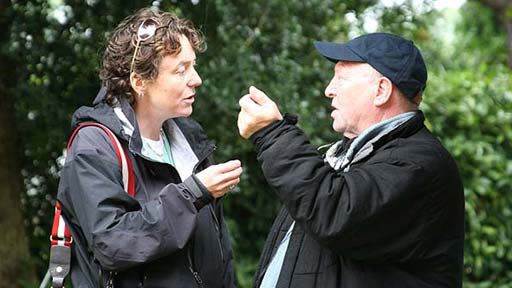
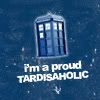
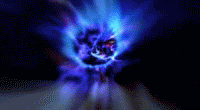





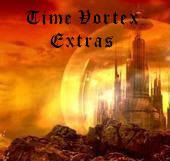
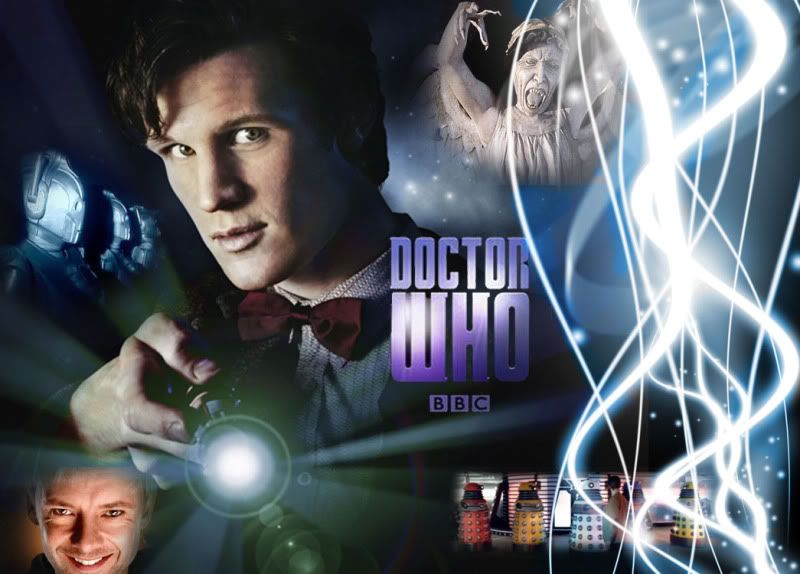
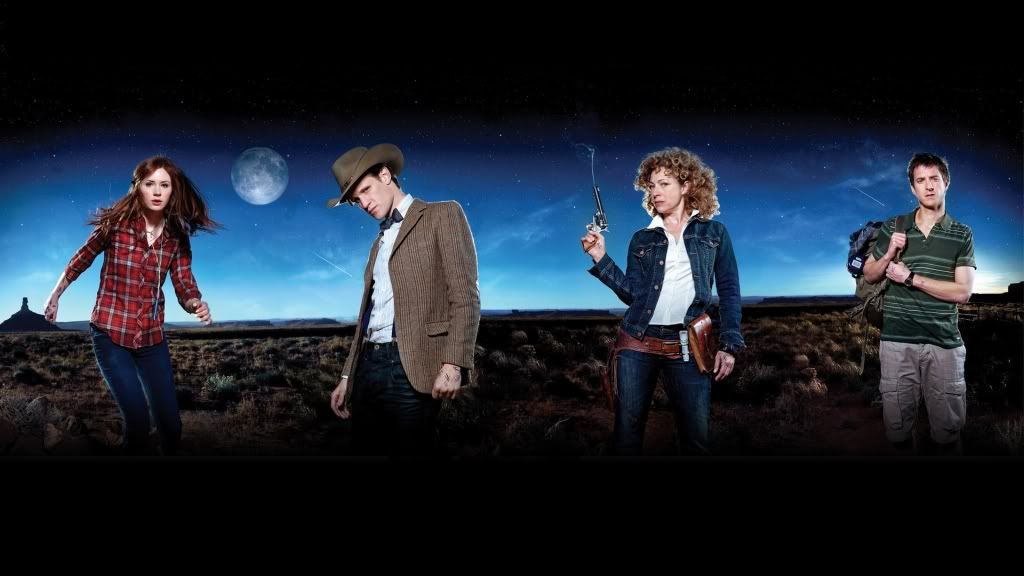
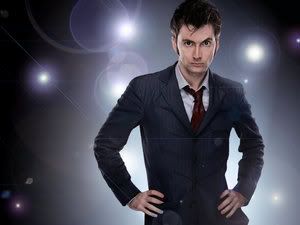

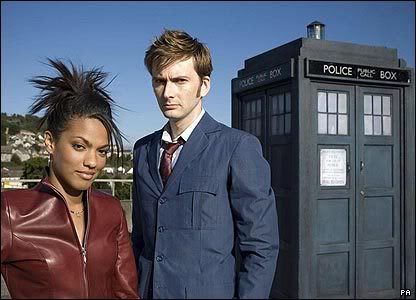
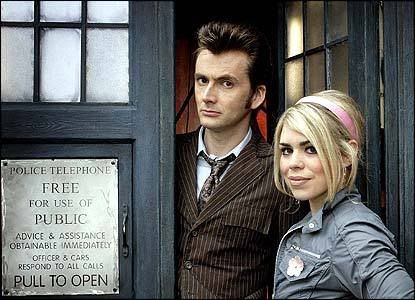
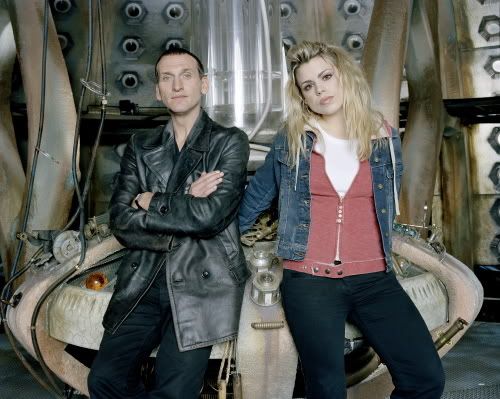
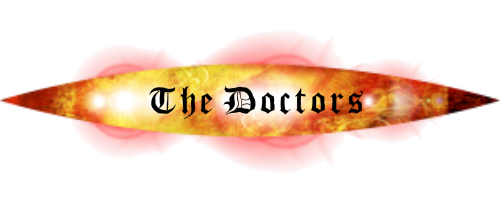
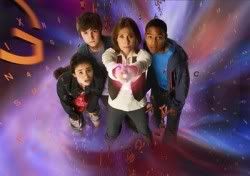
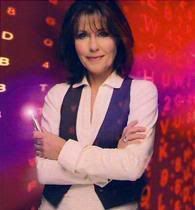
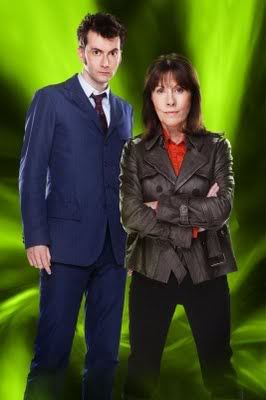
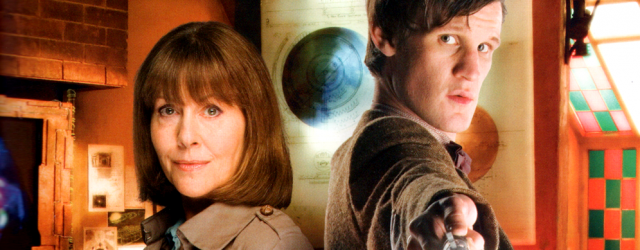
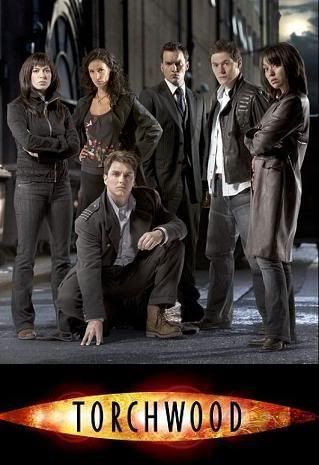
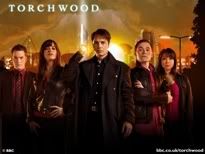

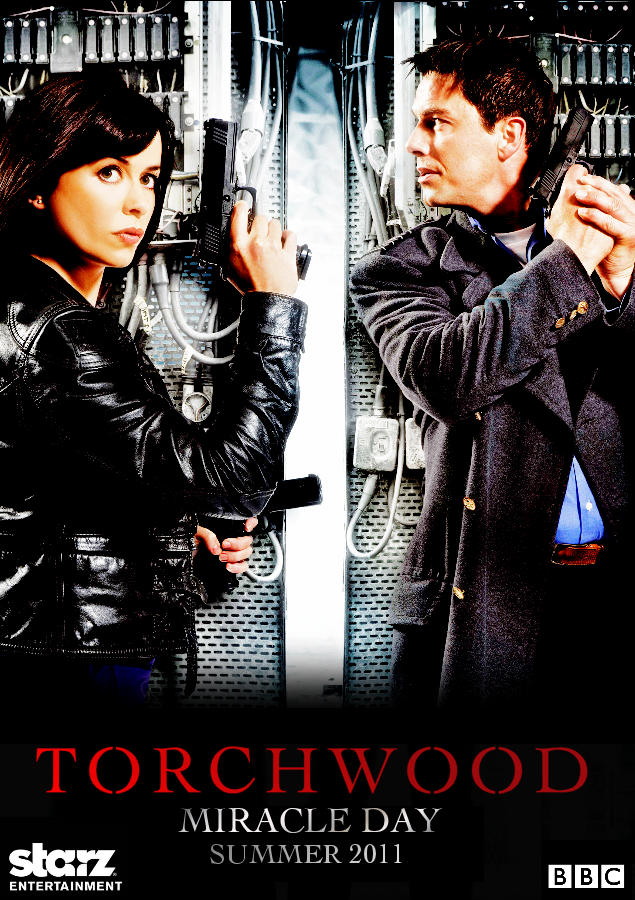


0 comments:
Post a Comment